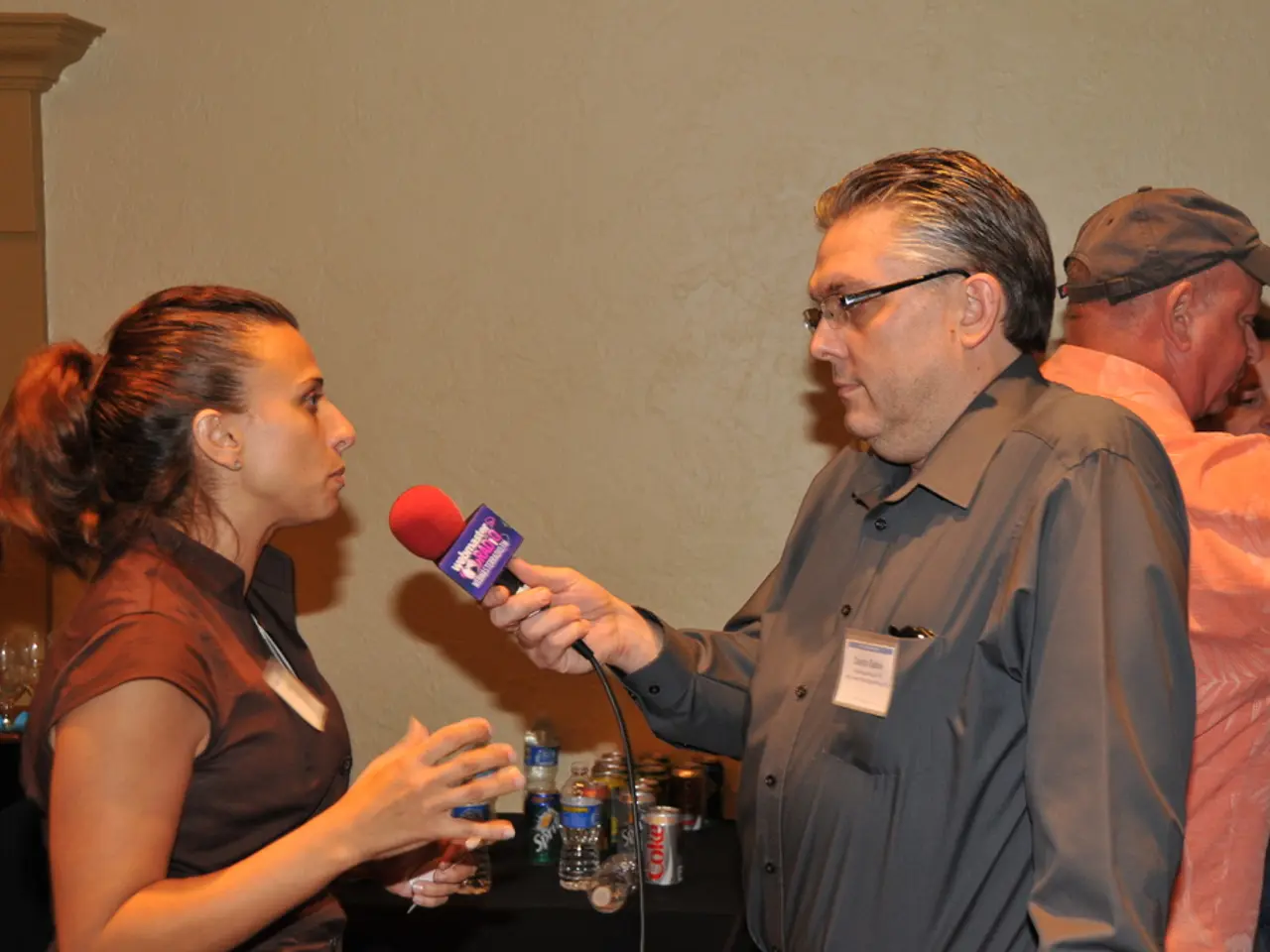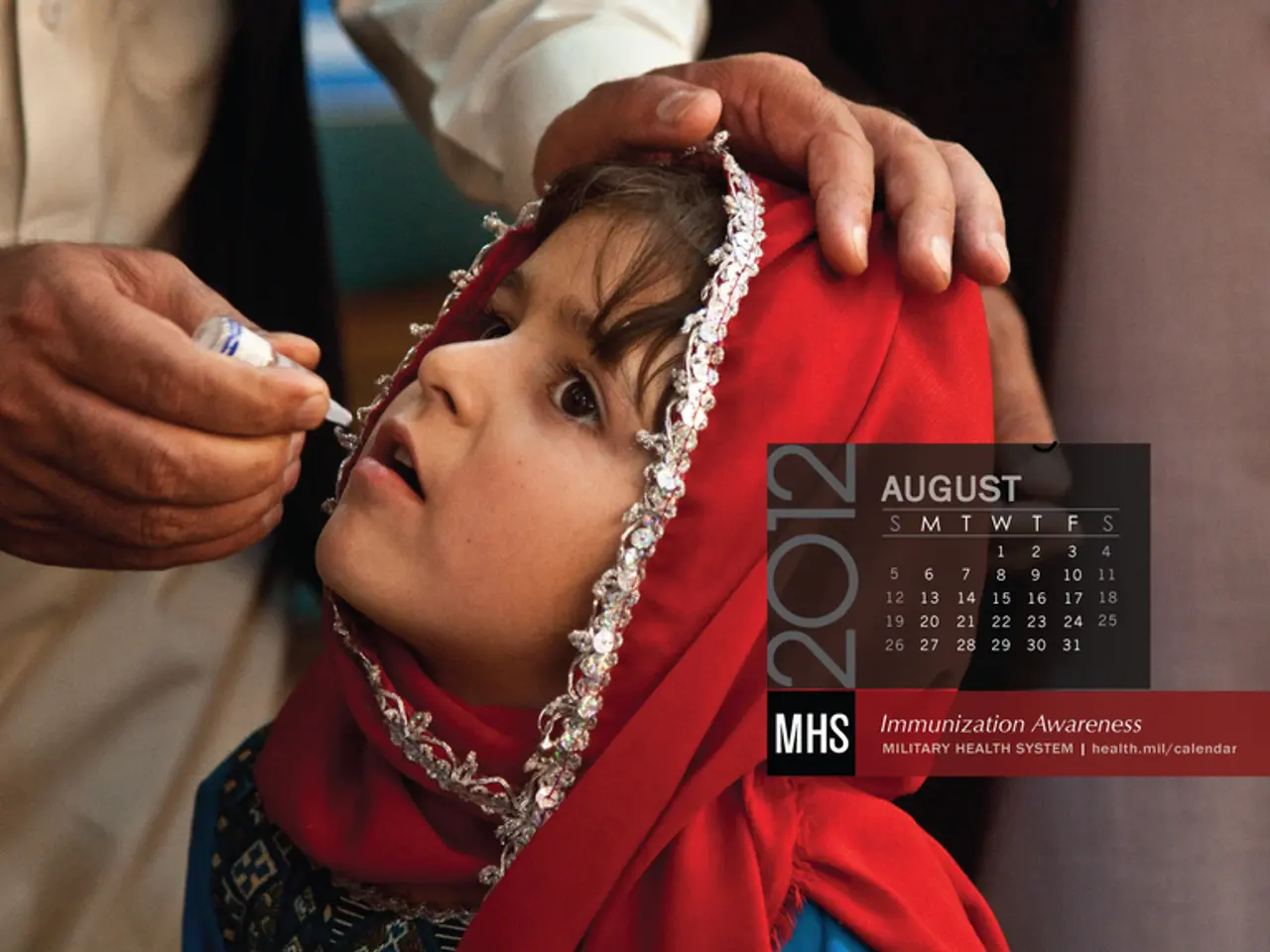Medical facility leverages Qigong, acupuncture, and other traditional practices
A Cutting-Edge Approach to Cancer Treatment: Holistic Care at Rems-Murr Clinic Reinforces Conventional Medicine with Complementary Therapies
In an exclusive interview, Prof. Dr. Markus Schaich, Chief Physician of the Oncological Center at the Rems-Murr Clinic in Winnenden, sheds light on their innovative cancer treatment strategy. This strategy, a blend of conventional and complementary medicine, has garnered widespread acclaim.
Since 2013, Schaich has established this ingenious approach at the old Waiblingen District Hospital, enhancing it further in the newly built clinic in Winnenden. Through music, art, sports, and nutritional supplements to acupuncture and Chinese medicine, their offering has been highly praised by the auditors of the certified center.
Insights:
The Rems-Murr Clinic is renowned for integrating complementary medicine not as an alternative but as a supplemental, proven effective approach to conventional treatments.
Traditional Chinese Medicine: The Backbone
Dr. Hans Lampe, a celebrated TCM expert, underscores five primary pillars: pharmacological decoctions, acupuncture, dietetics, Qigong, and acupressure. In a recent study, Lampe and his associates explored the effects of integrating acupuncture, acupressure, and Qigong with conventional chemotherapy.
"Particularly, we utilize acupuncture for acute symptoms and decoctions for chronic courses," explains Lampe. food choices can significantly impact the efficacy of herbal medicine. Qigong is particularly beneficial for prevention and maintaining successful therapeutic results. This approach remains integral within their clinical practice.
Individualized Supportive Therapy
In this battle against cancer, strong medications are required to destroy the cancer cells, yet they come with side effects. Complementary medicine serves as a valuable ally in minimizing these side effects. Schaich says, "I reduce pressure and cater to the specific needs of the patient - not more, not less."
For instance, zinc can aid in radiation therapy by mitigating oral mucosa inflammation. However, continuous zinc administration without deficiency may lead to complications such as prostate or bladder infections.
Even plant-based extracts should undergo prior testing by Dr. Ramona Hein. Some herbal therapies could weaken chemotherapy's effects or aggravate side-effects, posing potential risks. As a result, the patient's home apothecary is reviewed collaboratively. "People often forget what could harm them - it requires finesse and psychology," Hein stresses.
Acupuncture: Tackling Acute Symptoms
Acupuncture shows promising results in alleviating common side-effects of chemotherapy such as nausea and vomiting, according to experts. Dr. Hein uses ultrathin needles at specific points, and patients are also taught self-acupressure techniques, such as before chemotherapy to alleviate symptoms. Remarkably, they were able to help patients with severe polyneuropathy (nerve damage) during chemotherapy, significantly improving the patient's quality of life.
Interdisciplinary Network and Participation Opportunities
The certified center connects all cancer departments - breast, colon, gynecology, leukemia, pancreas, prostate - in a closely-knit network of conventional and complementary medicine. Their multidisciplinary team includes specialized nurses, psycho-oncologists, physiotherapists, art and music therapists, nutritional counselors, and social workers. The clinic offers group sessions, like the oncological sports group meeting every Tuesday at 2 pm, and Qigong classes on Wednesdays at 3:15 pm, fostering self-efficacy and community, crucial factors enhancing health and well-being in cancer treatment.
Closing Thoughts:
While specific trials highlighting the Rems-Murr Clinic's integrative oncology program are limited in publicly available literature, the clinic's approach aligns with broader evidence supporting complementary therapies' role in symptom management and quality of life improvement. The combination of conventional and complementary therapies reinforces patient outcomes and is considered a valuable complement rather than a replacement for conventional cancer therapies.
- The Rems-Murr Clinic's approach to cancer treatment incorporates complementary therapies such as acupuncture, acupressure, Qigong, and dietetics, in addition to conventional medicines, aiming for a holistic healing strategy.
- Dr. Hans Lampe, a TCM expert at the Rems-Murr Clinic, emphasizes that traditional Chinese medicine (TCM) pillars like pharmacological decoctions, acupuncture, dietetics, Qigong, and acupressure have been instrumental in their integrative oncology program.
- The Rems-Murr Clinic's team of specialists, including physicians, nutritional counselors, and art and music therapists, often recommend cbd, a nutritional supplement, for its potential benefits in cancer treatment and management of symptoms.
- Apart from administering specific treatments, the Rems-Murr Clinic prioritizes fitness and exercise, offering an oncological sports group and Qigong classes to promote self-efficacy, well-being, and community among cancer patients.




